Each year, the epidemiology community keeps a close eye on the flu, a virus that is famous for mutating and changing in its severity and ability to spread. This year is an especially auspicious year for contemplating influenza: 100 years ago, the Spanish Flu outbreak of 1918 killed millions of people around the world. Studying these viruses can alert the medical and scientific communities in time to stop such an outbreak from devastating humanity again.
However, studying viruses can be a tricky business. In 2014, University of Wisconsin flu experts created a “mutant” version of the 1918 flu virus, and discovered that strains of the original 1918 version still exist in the environment. Since even the strictest lab protocols can’t promise that such a virus won’t escape, this development sparked debate which prompted the National Institutes of Health (NIH) to issue a moratorium on continued studies on infectious diseases. Scientists argued that if we don’t study viruses, we won’t understand how to combat them when they inevitably occur in human and agricultural populations.
"Because avian influenza viruses in nature require only a few changes to adapt to humans and cause a pandemic, it is important to understand the mechanisms involved in adaptation and identify the key mutations so we can be better prepared," said U of W researcher Yoshihiro Kawaoka.
In December 2017, the NIH lifted the research moratorium, which affected less than two dozen experiments on three types of virus: influenza, the Middle East Respiratory Syndrome (MERS) virus, and severe acute respiratory syndrome or SARS virus. Some consider it a win for science, in a year that saw such widespread crackdowns on scientific research and information sharing that the Trump administration was accused of waging a war on science with its aggressive and far-reaching bans on climate science, environmental science, and health science, particularly in areas where scientific findings about health and safety threatened to complicate commercial interests.
“I believe nature is the ultimate bio-terrorist and we need to do all we can to stay one step ahead,” said Sam Stanley, President of Stony Brook University and chairman of the National Science Advisory Board for Biosecurity which helped develop the framework for the lifted ban.
Many scientists have raised concerns about experiments involving pathogens that could, even with the most stringent precautions, theoretically escape the lab and pose threats to the general population. The H1N1 influenza strain that circulated from 1977 to 2009 is believed to have originated from a laboratory accident, and in 2014, the CDC closed labs responsible for releasing bird flu and anthrax into the environment. Called gain-of-function (GOF) experiments, the studies aim to understand genetic changes that can make viruses such as the flu easier to transmit.
But some scientists say the viruses could begin that transmission process in the lab. “I am not persuaded that the work is of greater potential benefit than potential harm,” said molecular biologist Richard Ebright of Rutgers University, who says that U.S. labs working with dangerous pathogens suffer regular safety breaches and viruses could infect a lab worker, who would next infect people outside of the lab.
Such a safety or security breach could, theoretically, even be intentional. Michael T. Osterholm, Director of the Center for Infectious Disease Research and Policy at the University of Minnesota, said a virus doesn’t necessarily have to leave the lab to pose a threat. The information gained through research could itself could get into the wrong hands, and should be partially classified, he said.
“If someone finds a way to make the Ebola virus more dangerous, I don’t believe that should be available to anybody off the street who could use it for nefarious purposes,” he said.
So what happens then? The U.S. Department of Health and Human Services, which issued a framework to guide the lifted ban on research of pandemic pathogens (PPPs), does not offer guidance for situations in which viruses escape from the lab. However, it does provide a clause in which parties would agree to stop all activities in case an accident occurs.
Sleep tight.








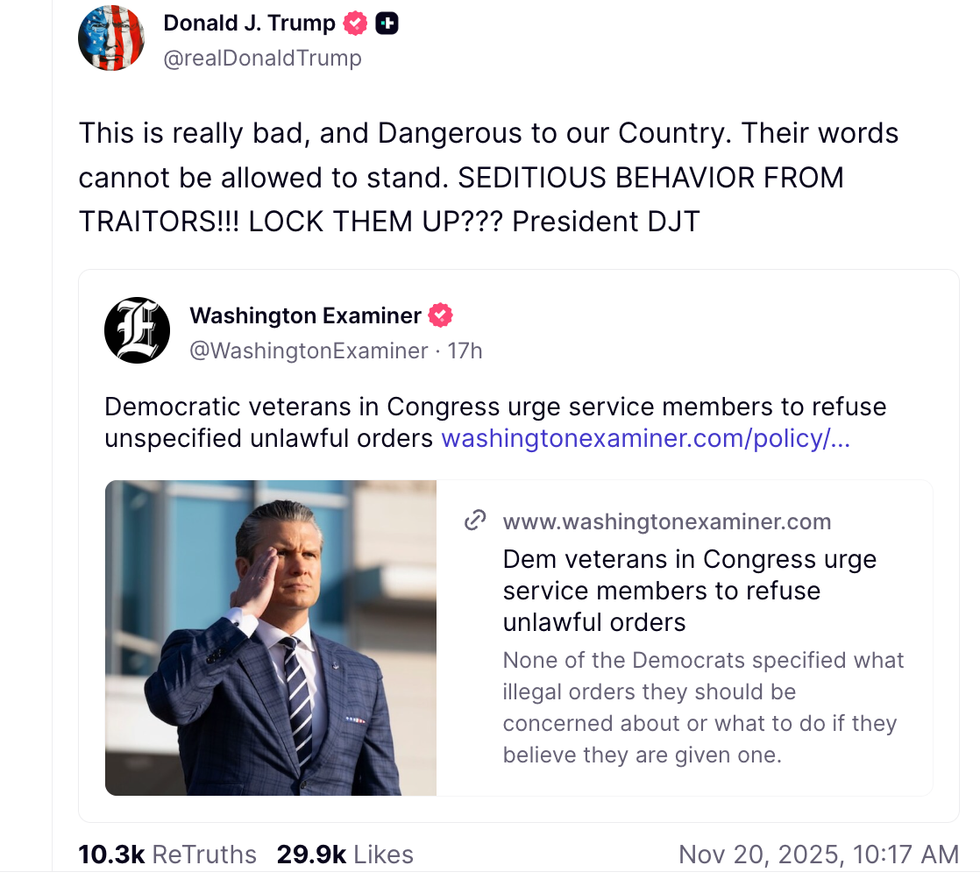 @realDonaldTrump/Truth Social
@realDonaldTrump/Truth Social @realDonaldTrump/Truth Social
@realDonaldTrump/Truth Social @P78/Truth Social
@P78/Truth Social



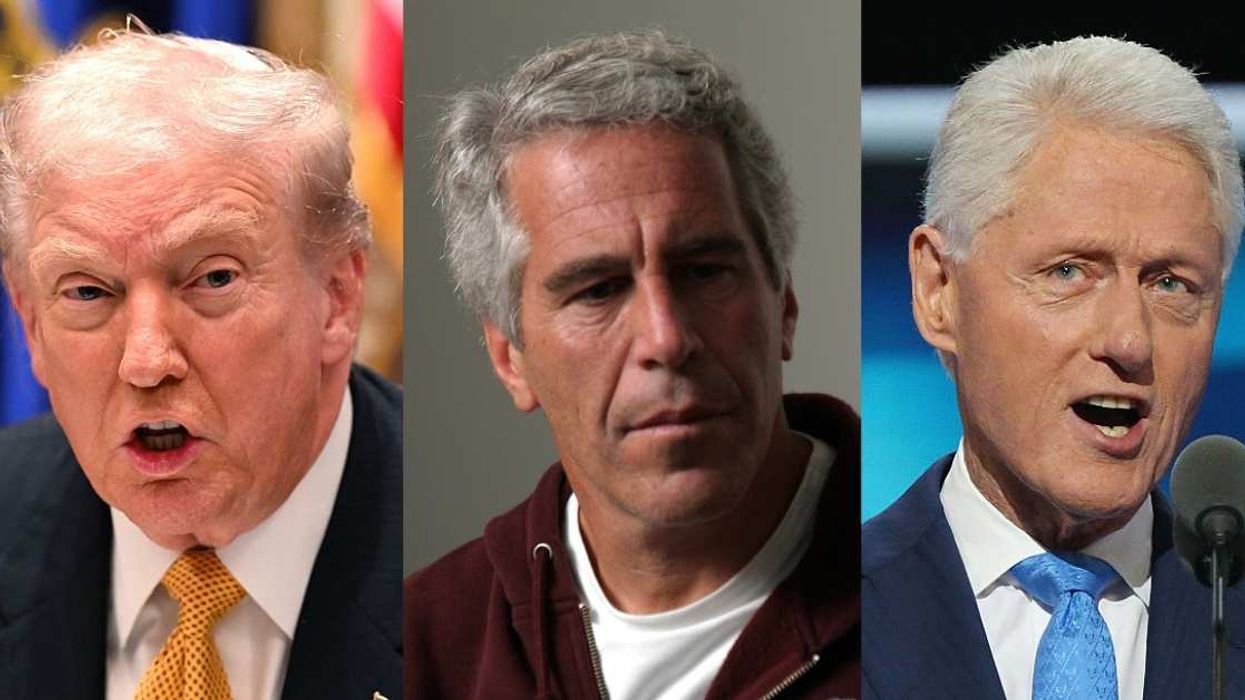


 big brother pop GIF by Big Brother After Dark
big brother pop GIF by Big Brother After Dark 
 Unimpressed Get It Together GIF
Unimpressed Get It Together GIF  The Bachelor Shut Up GIF by BuzzFeed
The Bachelor Shut Up GIF by BuzzFeed  customer service waiter GIF
customer service waiter GIF 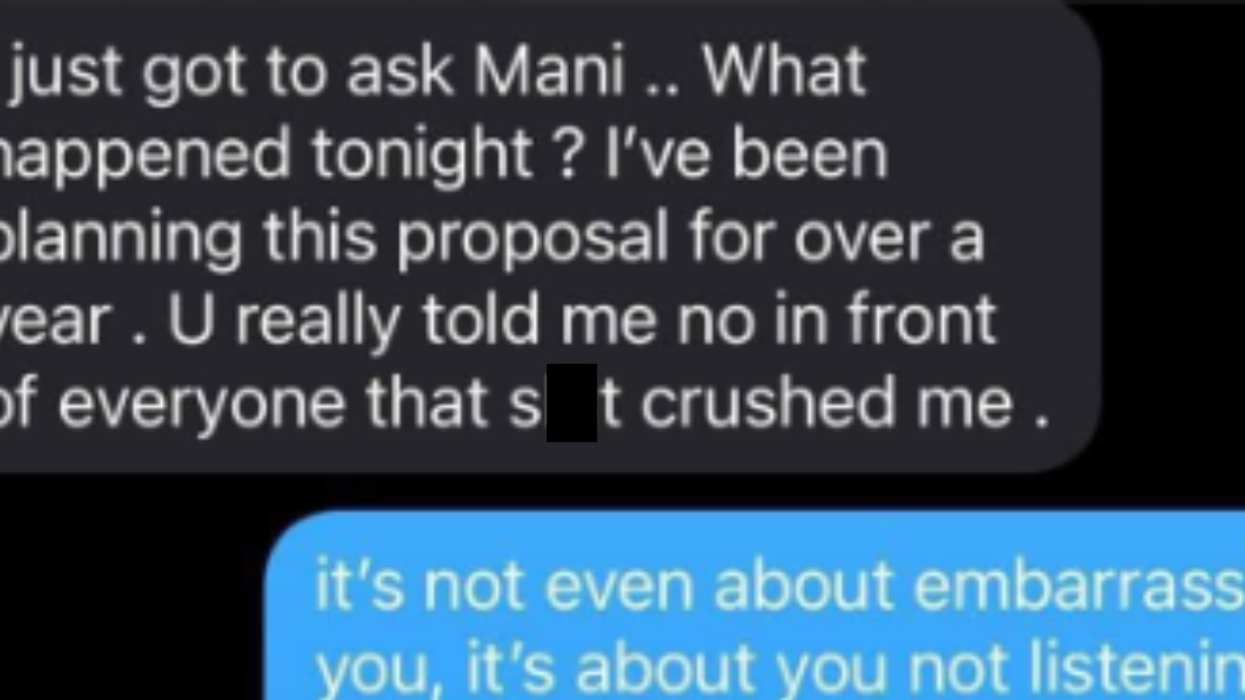
 @prissyxoxo25/Threads
@prissyxoxo25/Threads @prissyxoxo25/Threads
@prissyxoxo25/Threads @prissyxoxo25/Threads
@prissyxoxo25/Threads @prissyxoxo25/Threads
@prissyxoxo25/Threads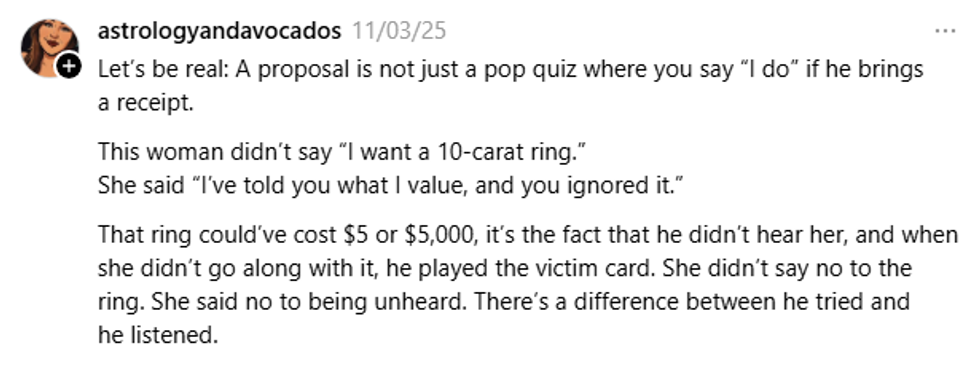 @prissyxoxo25/Threads
@prissyxoxo25/Threads @prissyxoxo25/Threads
@prissyxoxo25/Threads @prissyxoxo25/Threads
@prissyxoxo25/Threads @prissyxoxo25/Threads
@prissyxoxo25/Threads @prissyxoxo25/Threads
@prissyxoxo25/Threads @prissyxoxo25/Threads
@prissyxoxo25/Threads @prissyxoxo25/Threads
@prissyxoxo25/Threads @prissyxoxo25/Threads
@prissyxoxo25/Threads @prissyxoxo25/Threads
@prissyxoxo25/Threads
 @randomthoughts2226/TikTok
@randomthoughts2226/TikTok @randomthoughts2226/TikTok
@randomthoughts2226/TikTok @randomthoughts2226/TikTok
@randomthoughts2226/TikTok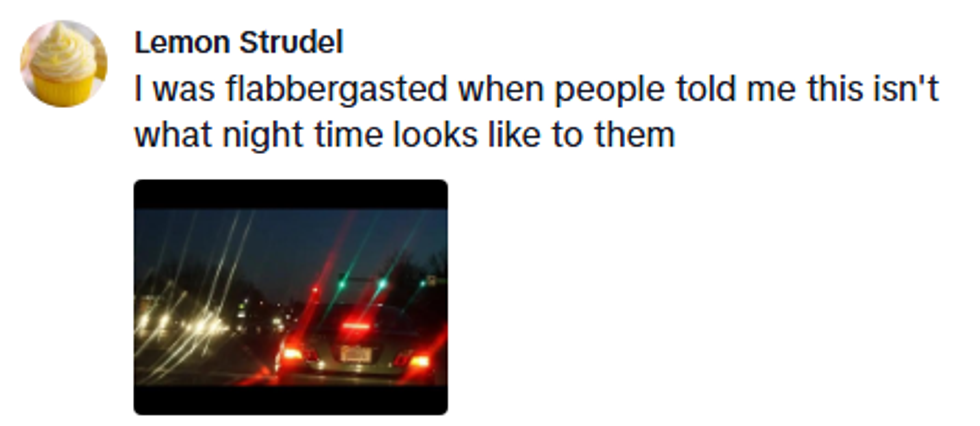 @randomthoughts2226/TikTok
@randomthoughts2226/TikTok @randomthoughts2226/TikTok
@randomthoughts2226/TikTok @randomthoughts2226/TikTok
@randomthoughts2226/TikTok @randomthoughts2226/TikTok
@randomthoughts2226/TikTok @randomthoughts2226/TikTok
@randomthoughts2226/TikTok @randomthoughts2226/TikTok
@randomthoughts2226/TikTok @randomthoughts2226/TikTok
@randomthoughts2226/TikTok
 @lookitskateeee/TikTok
@lookitskateeee/TikTok @lookitskateeee/TikTok
@lookitskateeee/TikTok @lookitskateeee/TikTok
@lookitskateeee/TikTok @lookitskateeee/TikTok
@lookitskateeee/TikTok @lookitskateeee/TikTok
@lookitskateeee/TikTok @lookitskateeee/TikTok
@lookitskateeee/TikTok @lookitskateeee/TikTok
@lookitskateeee/TikTok @lookitskateeee/TikTok
@lookitskateeee/TikTok @lookitskateeee/TikTok
@lookitskateeee/TikTok @lookitskateeee/TikTok
@lookitskateeee/TikTok